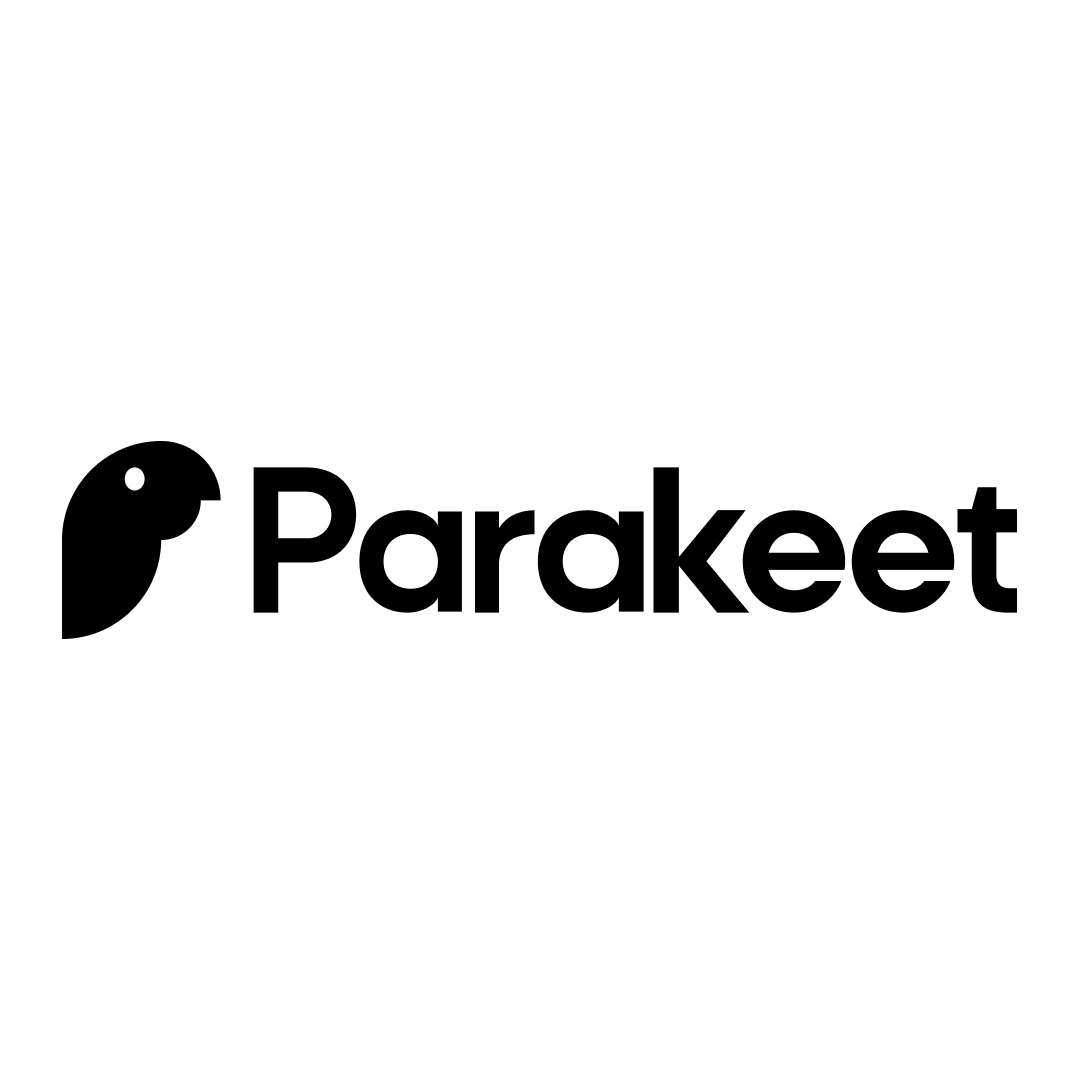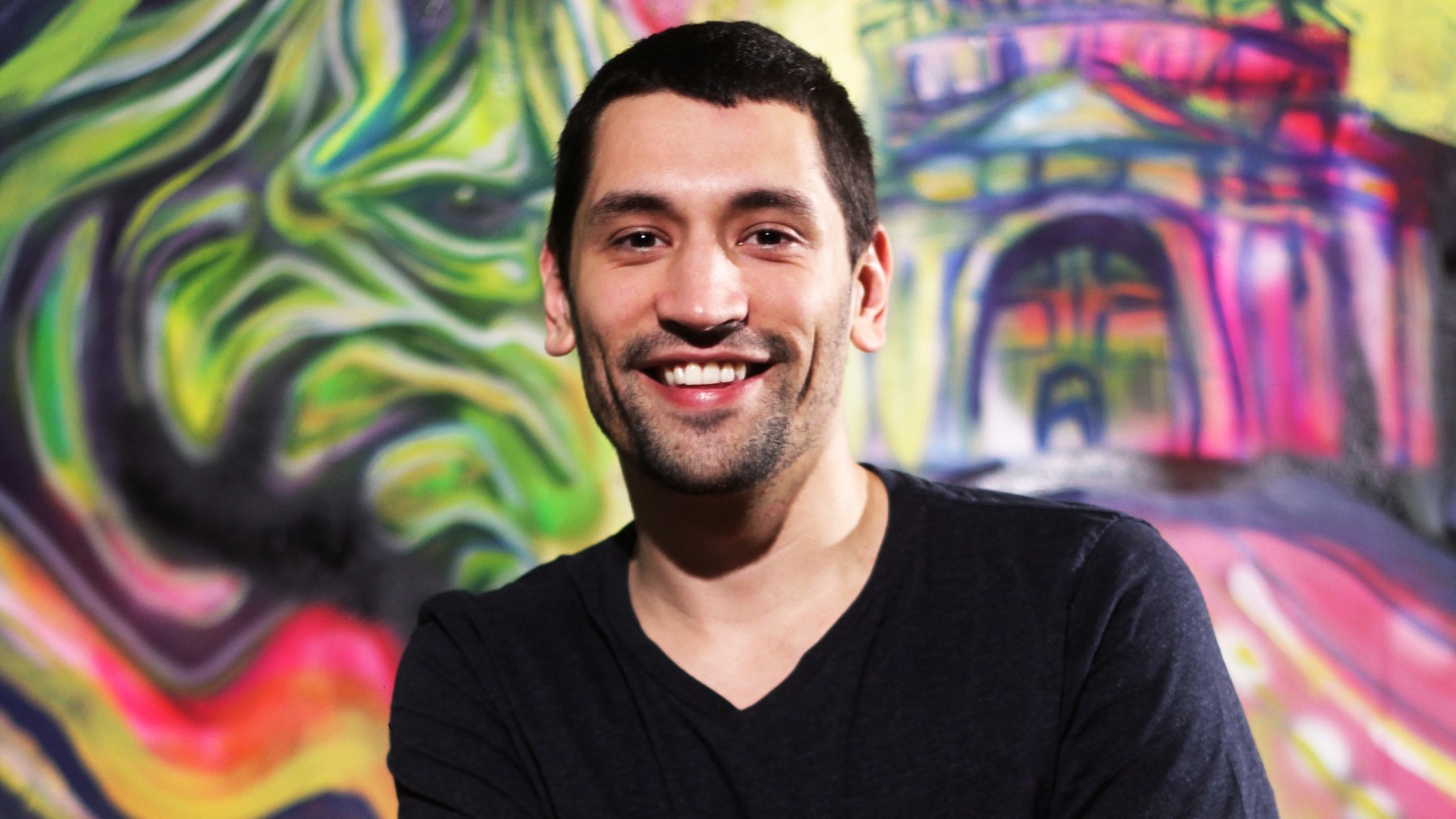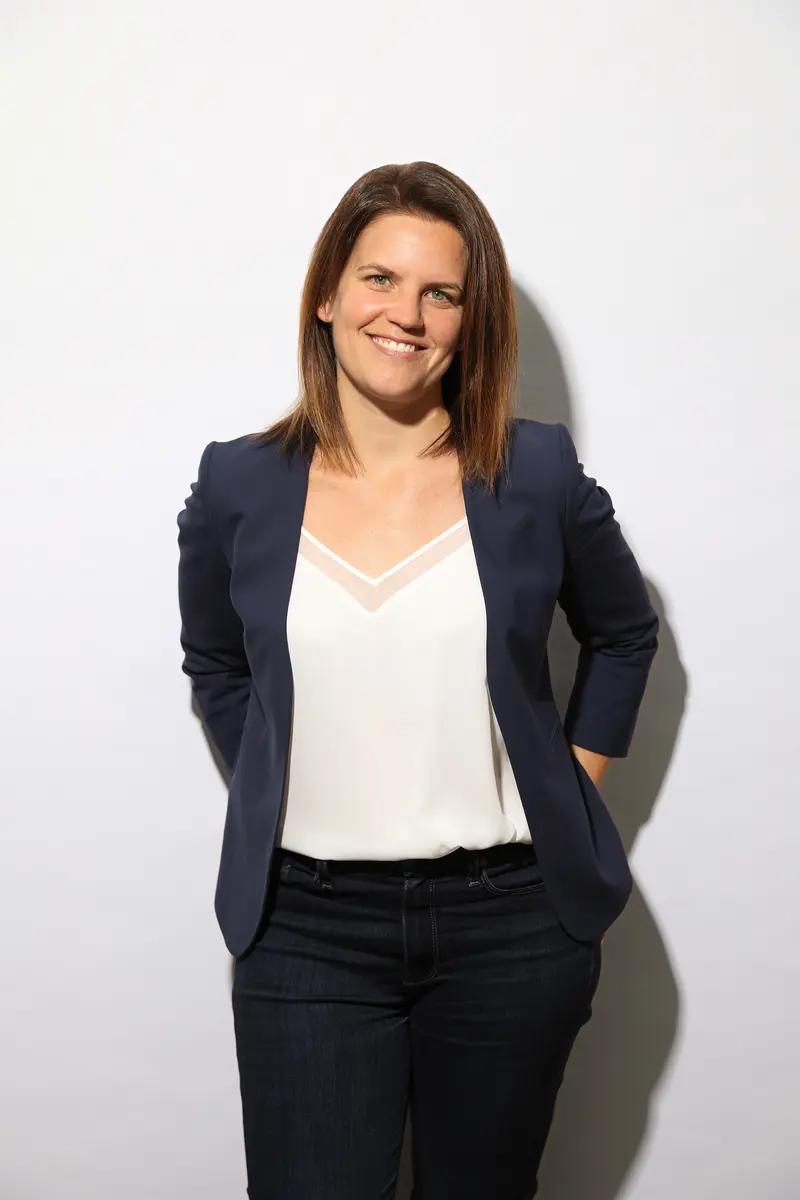We invest in founders who defy the traditional Silicon Valley mold
At the pre-seed and seed stages




People Over Patterns

We back grit over pedigree
Unstoppable drive beats an impressive résumé every time.
We invest in real solutions
The best startups solve pressing problems, not passing fads.
We look beyond Silicon Valley
The next wave of world-changing companies is rising everywhere.
We know great founders break the mold
The best startups solve pressing problems, not passing fads.
About Us
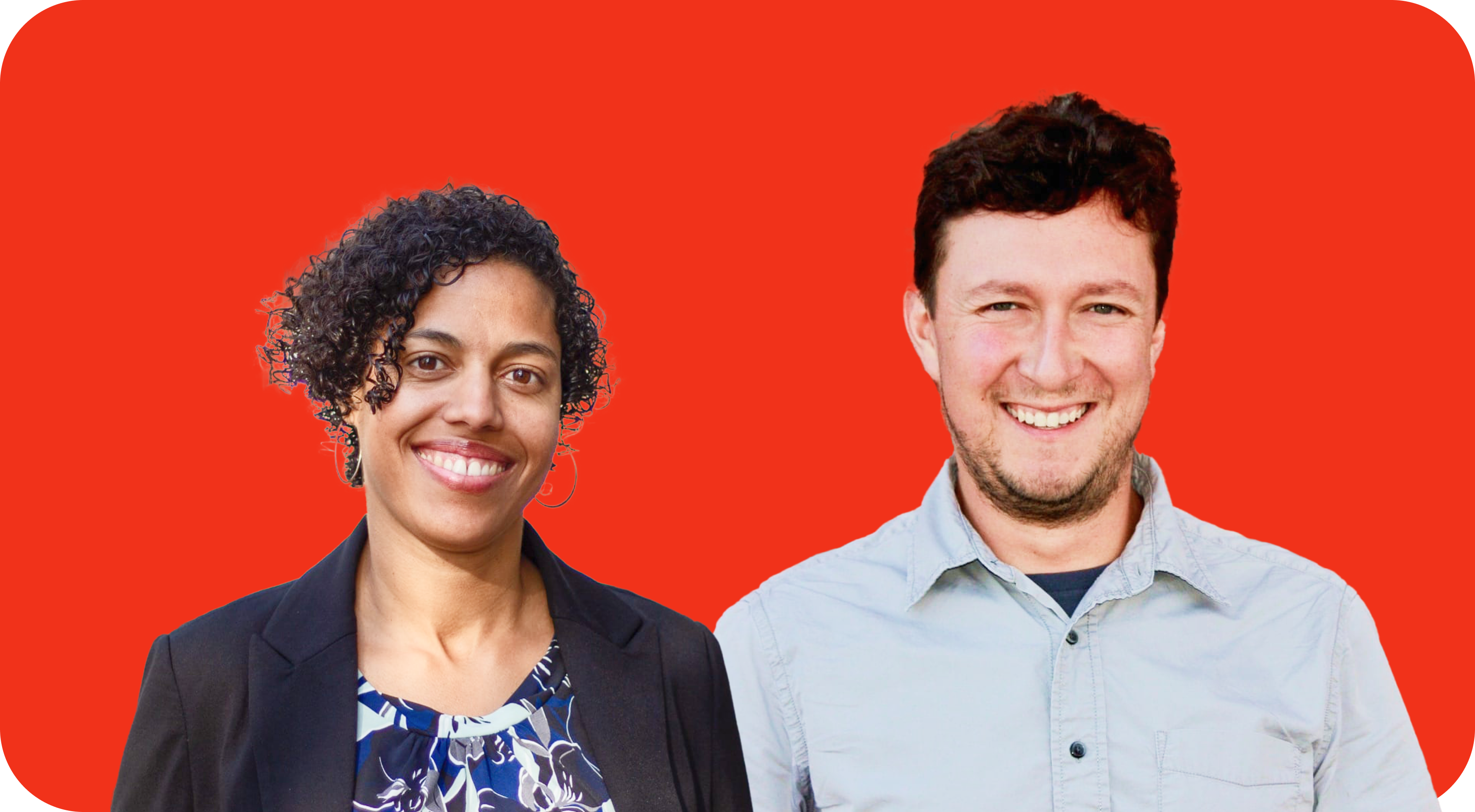
We are a boutique VC fund located in Salt Lake City, Utah led by Kimmy and Sergio
As Bay Area veterans with immigrant backgrounds, we discovered untapped potential where others weren't looking—beyond Silicon Valley's insular ecosystem.
We believe that:
01
True backing must go beyond capital—it means being in the trenches with you
02
The best support combines Silicon Valley expertise with authentic, founder-centric guidance
03
Breakthrough solutions often come from overlooked founders in underestimated markets
Early stage,
off the radaring

100%
Silicon Valley Outsiders
92%
Led by founders that did not attend a top-10 university
92%
Of our startups are led by women or people of color.
Pattern Breakers
.png)
Inside the minds driving today's biggest business breakthroughs
Highlights from New Pattern Magazine
Frequently Asked Questions
Common questions and answers about Beta Boom and how it works.


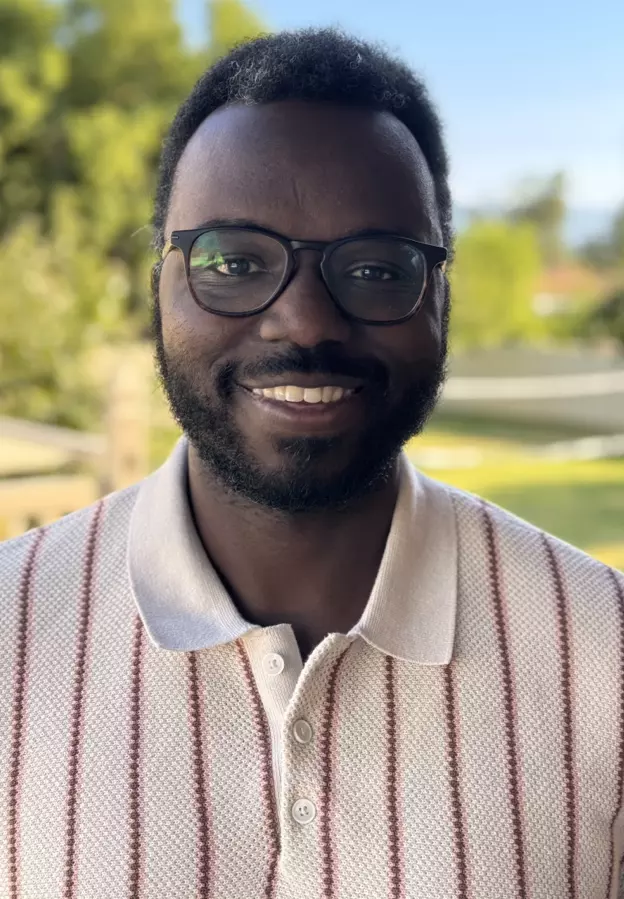
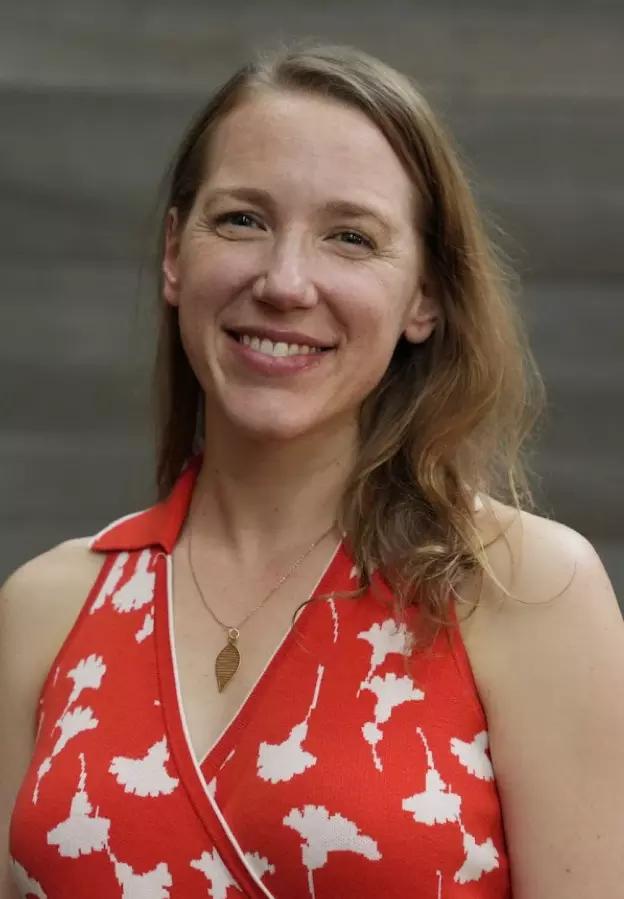
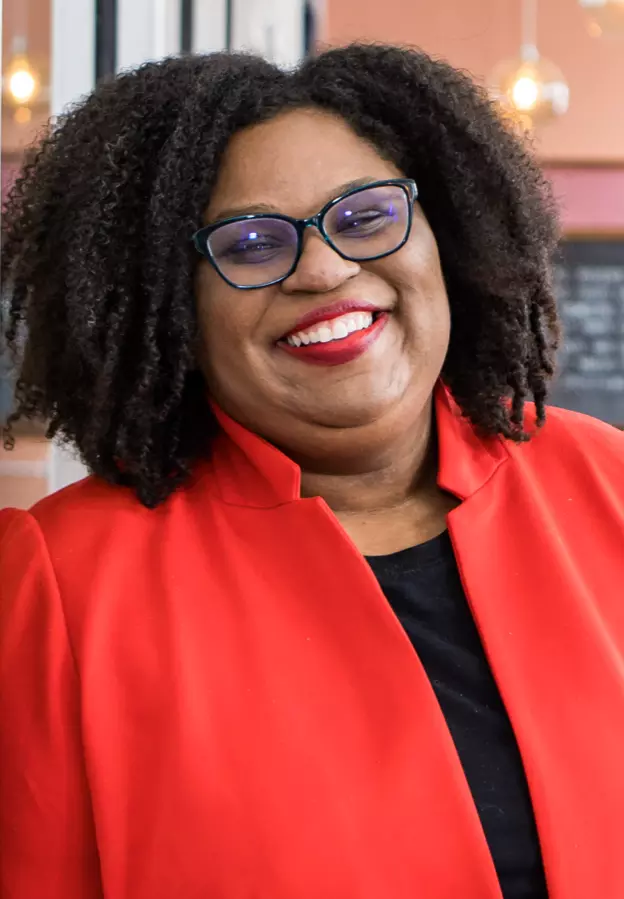

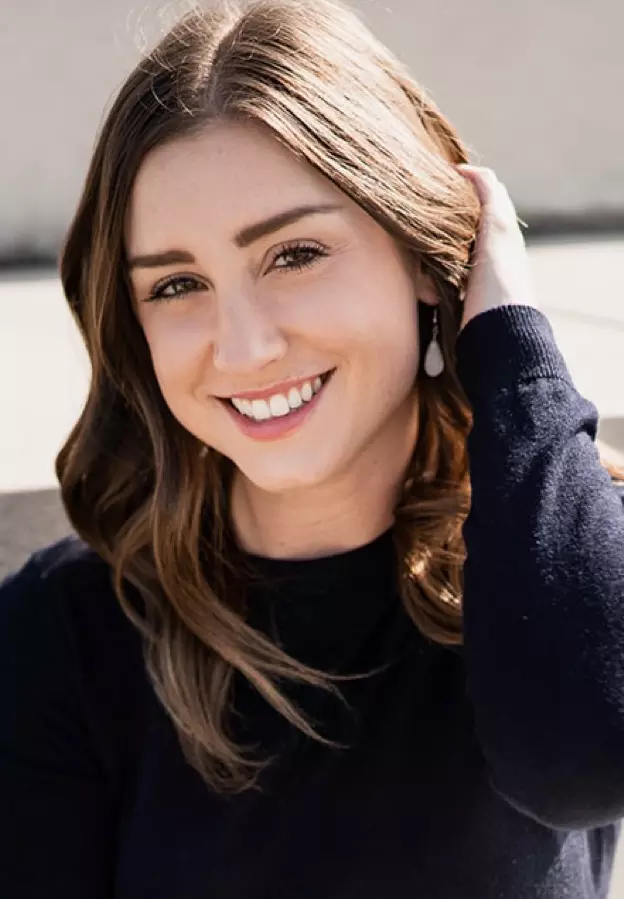
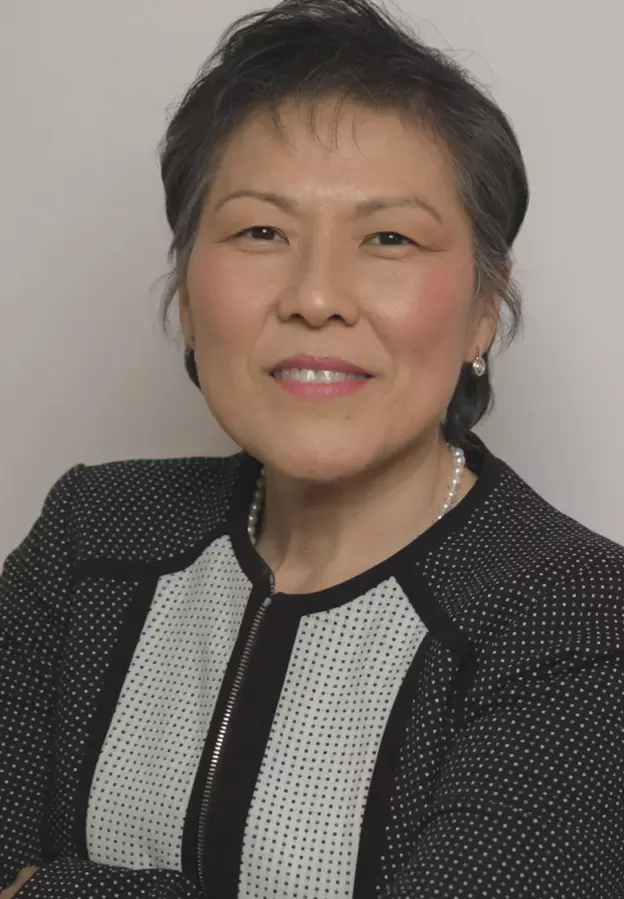
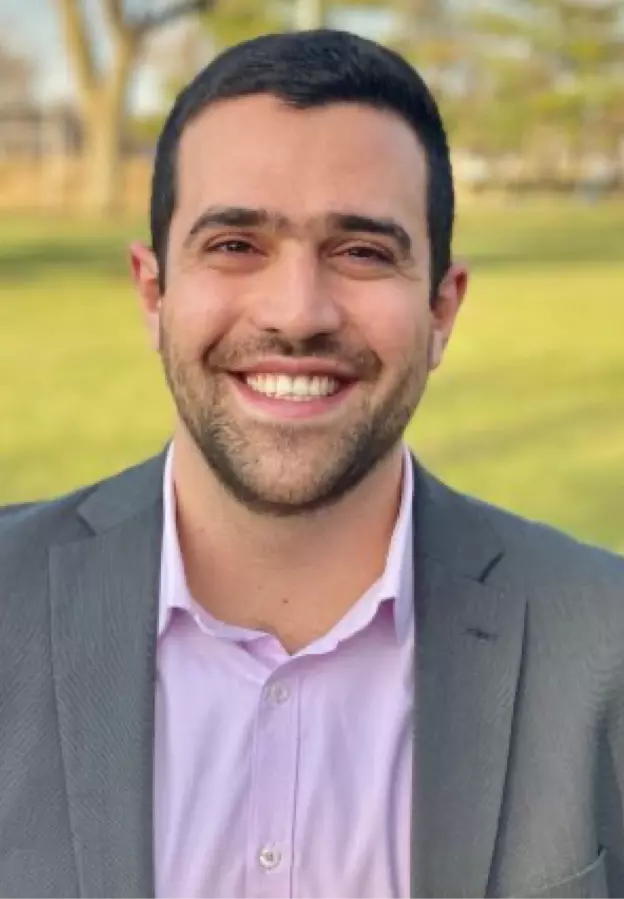
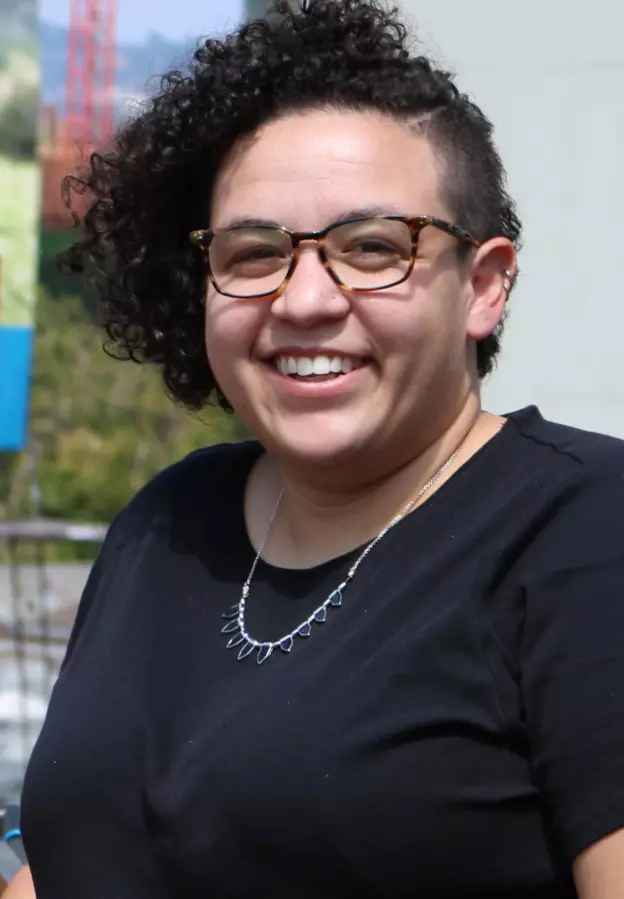

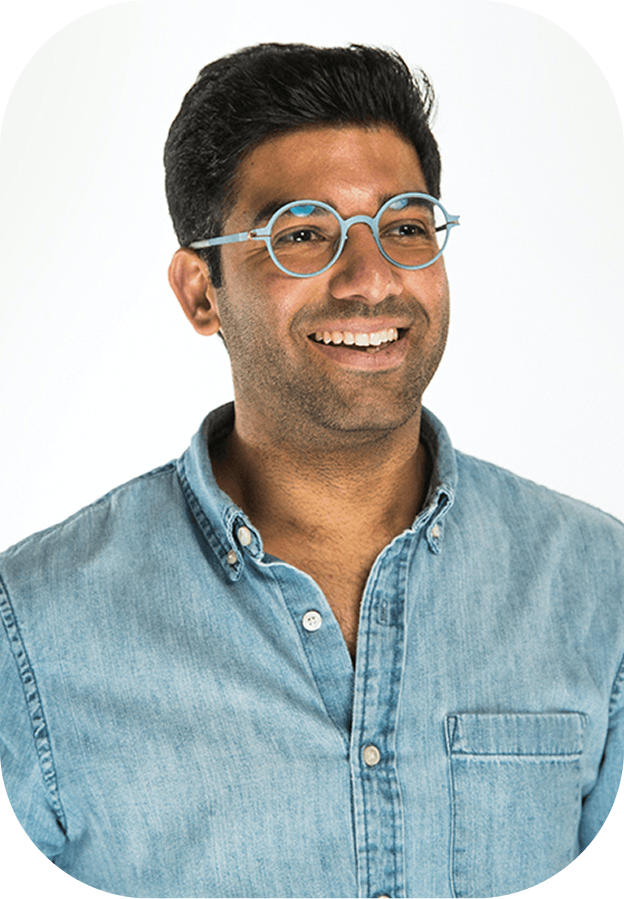
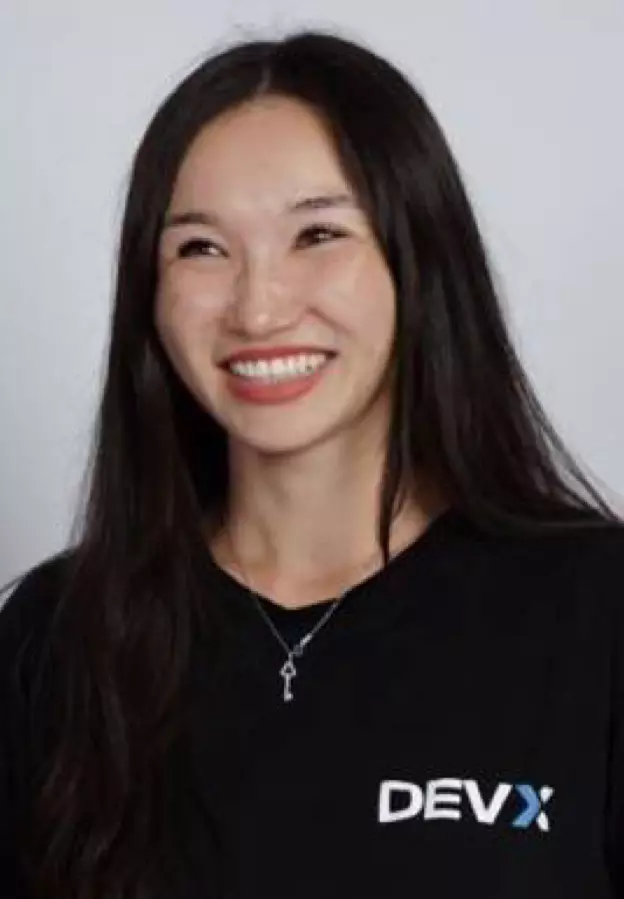
.png)
.jpg)



